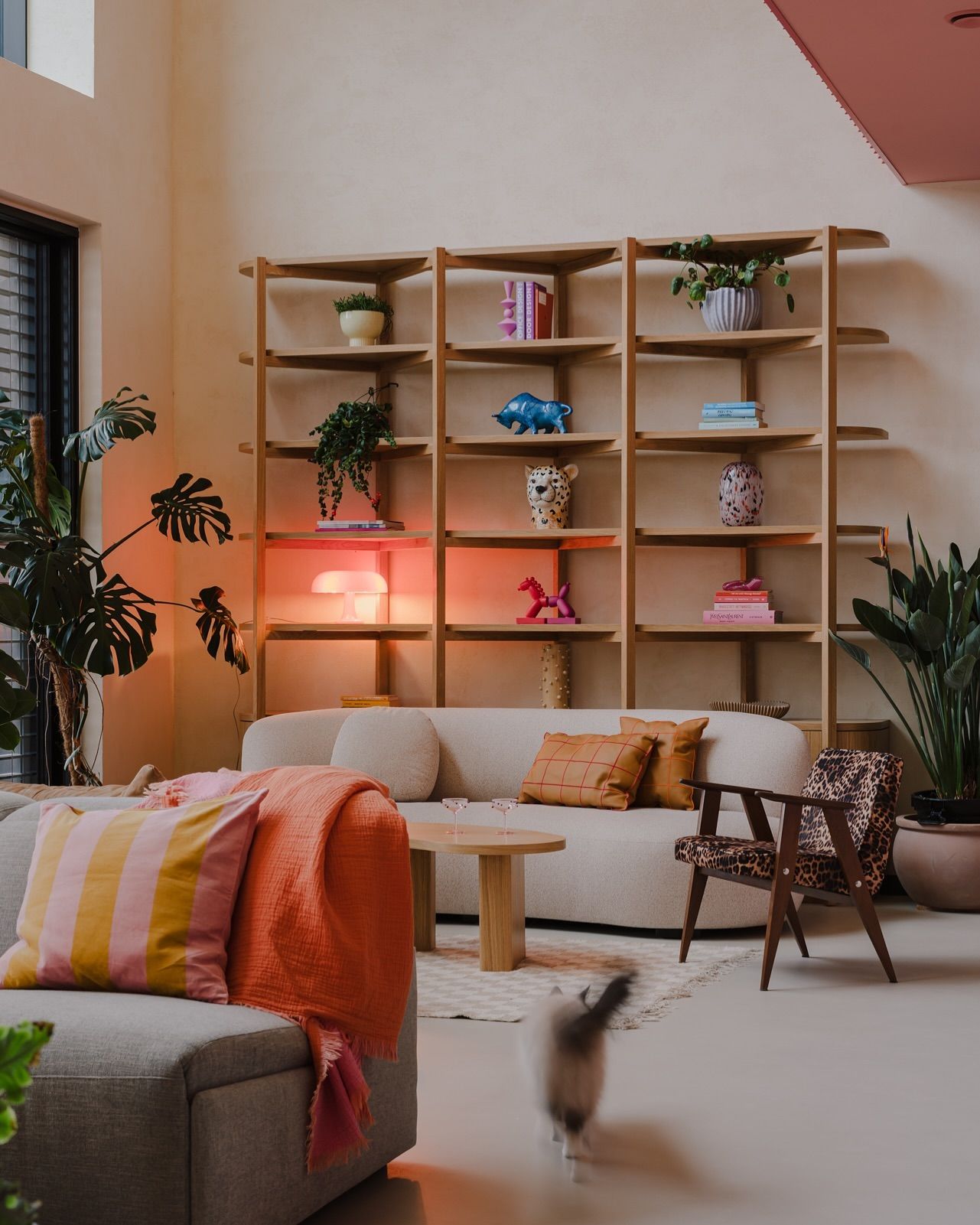Discover Doors & Door Hardware
Spoken matches doors and door hardware across 100s of stores to find you the best price.



Quick facts
Can't find the answer you're looking for? Please get in touch with our friendly team.
Is a slab door a pocket door?
No, a slab door is not a pocket door. A slab door is a flat, solid door without any frame, while a pocket door slides into a wall cavity when opened. They serve different purposes in interior design and space-saving solutions.
What is the difference between shaker and slab doors?
Shaker doors have a frame-and-panel construction with a recessed center panel, giving them a classic, versatile look. Slab doors are flat and have a simple, modern design without any embellishments. Shaker doors are often used in traditional styles, while slab doors suit contemporary interiors.
What's the difference between slab and prehung doors?
Slab doors are flat panels without frames or hardware, requiring installation of hinges and a frame separately. Prehung doors come with a frame, hinges, and often a doorknob already installed, making them easier and quicker to install in an opening.
What is a slab door?
A slab door is a flat, solid door without any frame or molding. It typically consists of a single, solid piece of material, such as wood or fiberglass. Slab doors are versatile and can be used for interior or exterior applications, often requiring hardware for installation.
Can you just replace a door without replacing the frame?
Yes, you can replace a door without replacing the frame, as long as the new door fits the existing frame properly. Ensure the hinges, size, and style match to avoid complications during installation.
Are bifold closet doors outdated?
Bifold closet doors are not necessarily outdated, but their popularity has declined in favor of sliding doors and hinged doors. They can still be stylish and functional, especially in smaller spaces. Consider your home's overall design and functionality when choosing closet doors.
Are solid or hollow doors better?
Solid doors are generally better for sound insulation and security, making them ideal for bedrooms and bathrooms. Hollow doors are lighter and more affordable, suitable for interior spaces where sound and security are less of a concern. Consider your needs and budget when choosing.
Can I screw into a hollow door?
Yes, you can screw into a hollow door, but it's important to use the right type of screws and anchors. Use hollow door anchors or toggle bolts for added support, as they help distribute weight and prevent the door from being damaged.
Category Overview
Introduction
Doors and door hardware are essential elements in any home, acting as both barriers and gateways that contribute significantly to comfort, safety, and style. They enhance everyday life by providing privacy, security, and ease of access while also serving as a canvas for your design preferences. Whether it's the soothing sound of a door closing after a long day or the aesthetic appeal of an elegantly designed entryway, doors and their accompanying hardware play a pivotal role in creating an inviting atmosphere.
Functionality
The primary functions of doors and door hardware revolve around privacy, accessibility, and security. In living rooms and bedrooms, solid doors help create serene environments for relaxation. In kitchens or dining areas, sliding or French doors can seamlessly connect indoor spaces with outdoor ambiance. Additionally, unique features such as automatic closing mechanisms or keyless entry locks add layers of convenience and style. Whether you need heavy-duty options for high-traffic areas or decorative touches for formal spaces, there’s a door solution tailored to every context.
Design & Style
When it comes to design and materials for doors and door hardware, you have an extensive array to choose from. Common materials include classic wood—offering warmth and character—and sleek metal—ideal for modern aesthetics. Styles range from rustic barn doors that evoke a farmhouse feel to minimalist designs that embrace contemporary simplicity. Personalization is key; you can select finishes—like matte black handles or polished brass knobs—that harmonize with your overall decor theme whether it be coastal chic or urban industrial.
Practical Considerations
Choosing the right doors and door hardware requires careful consideration of several factors. Assess room size: larger spaces might benefit from double doors while smaller rooms may suit sliding options to save space. Prioritize durability based on usage needs; heavy-duty options work best in busy households while decorative ones can shine in less-trafficked areas. Avoid common pitfalls like selecting hardware with poor functionality that doesn’t fit your lifestyle needs—for instance, ensure locks are user-friendly if children or elderly family members are involved.
Comparison and Alternatives
Material choices often boil down to wood versus metal when considering durability versus aesthetics. Wooden doors provide insulation but may require more maintenance than their metal counterparts which can offer longevity at the expense of warmth in design. Round knobs tend to offer more traditional appeal while rectangular handles lend themselves well to modern looks; consider these nuances when selecting what suits your decor best.
Trends and Popular Items
Currently trending within the realm of doors are designs that emphasize natural light—think large glass panels integrated into wooden frames—which beautifully blend indoor environments with outdoor views. Popular items include sleek pocket doors that conserve space without compromising style or oversized statement pieces that serve as focal points in hallways or entryways. By thoughtfully considering each aspect—from functionality to material choice—you can effectively enhance your home's aesthetic appeal while ensuring practicality through quality Doors & Door Hardware selections tailored specifically to your lifestyle needs.